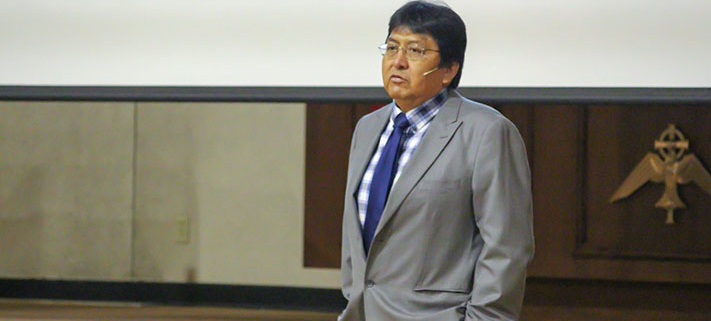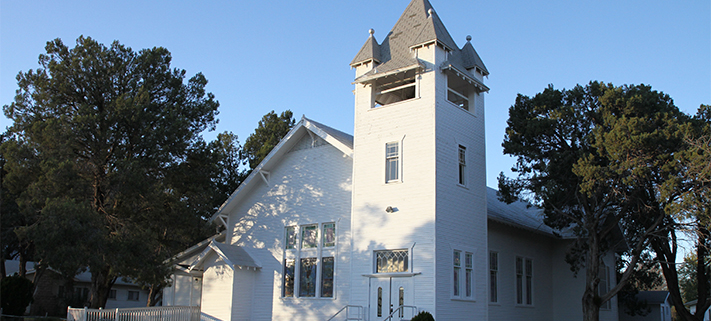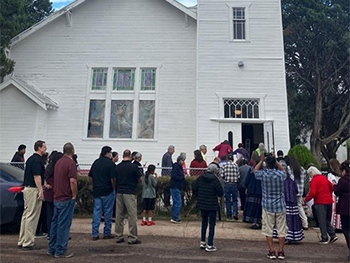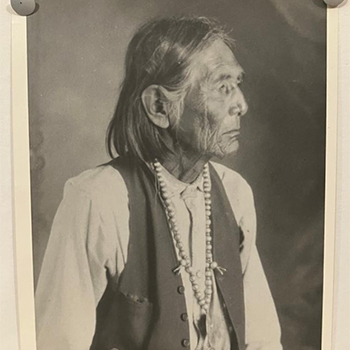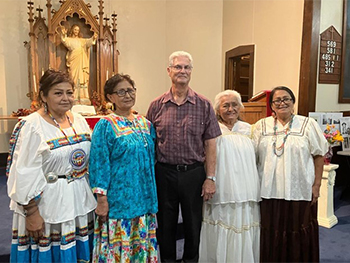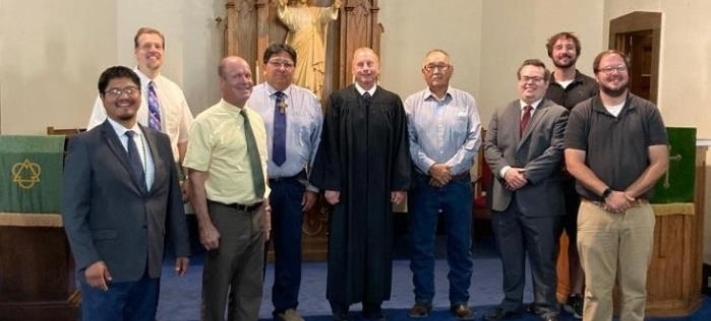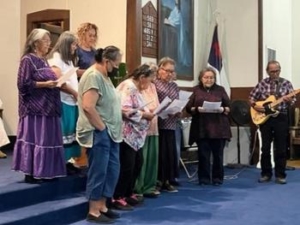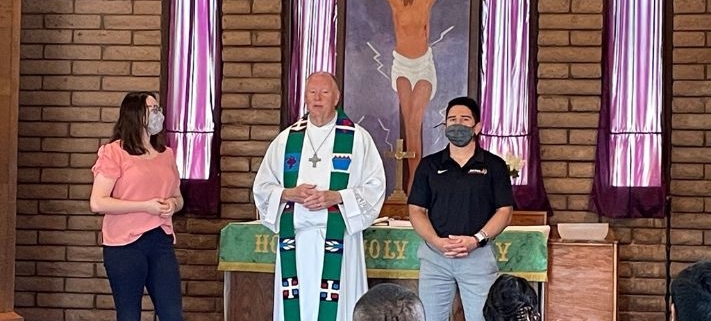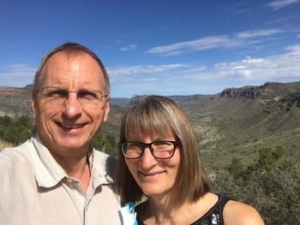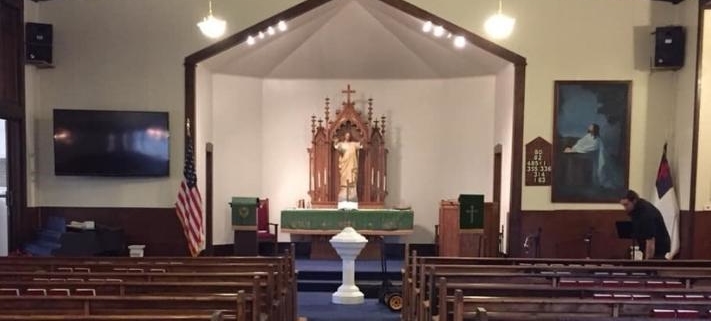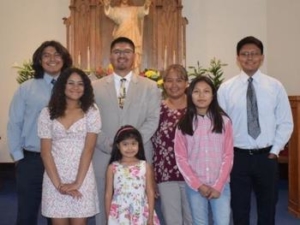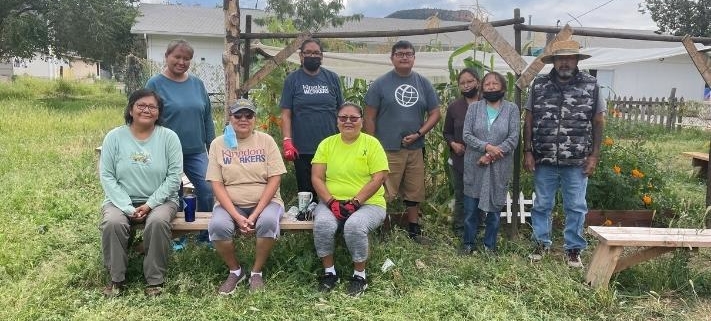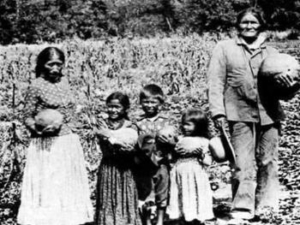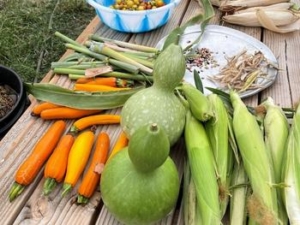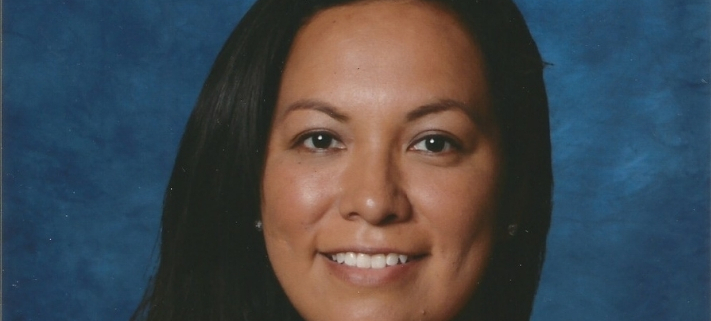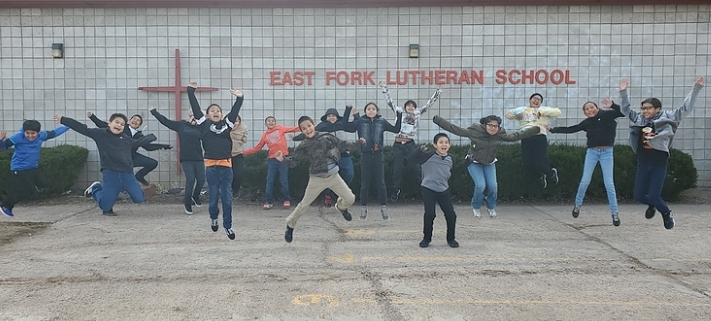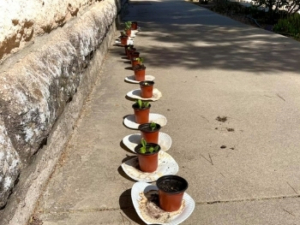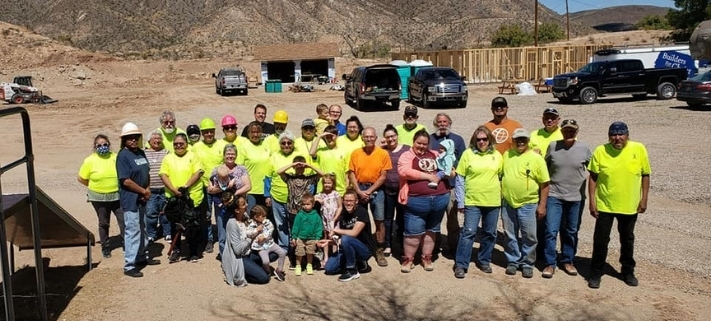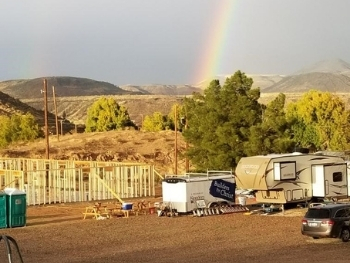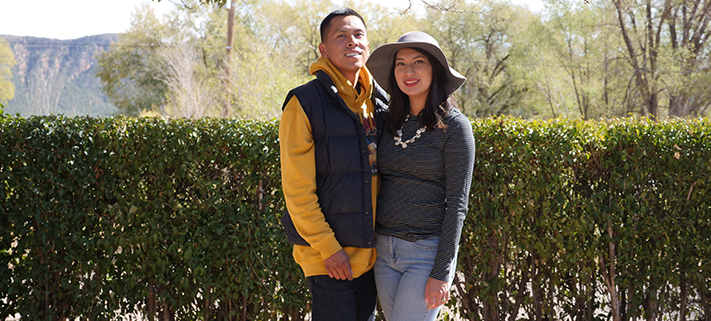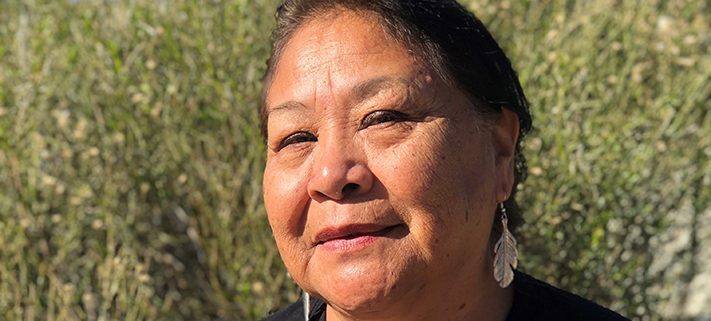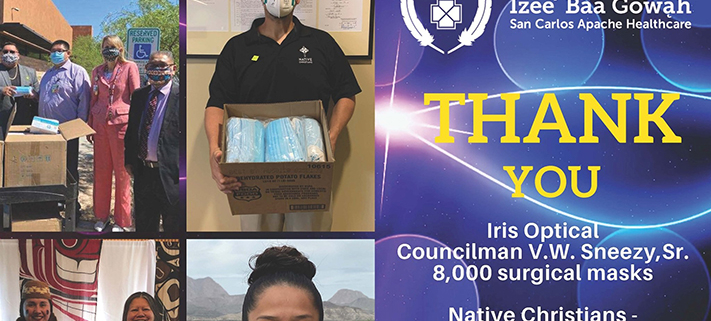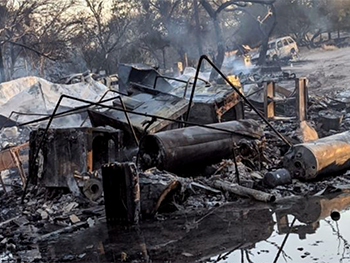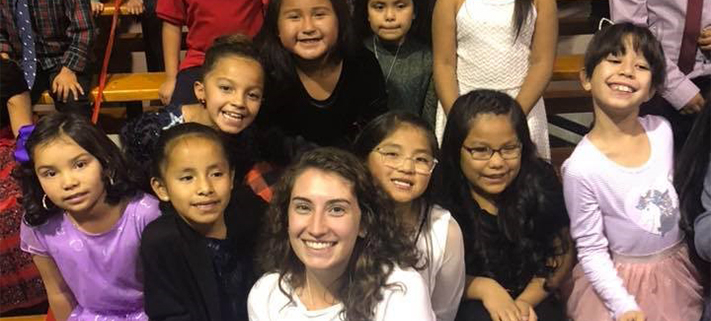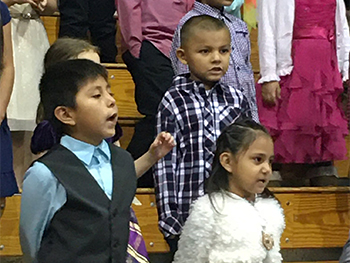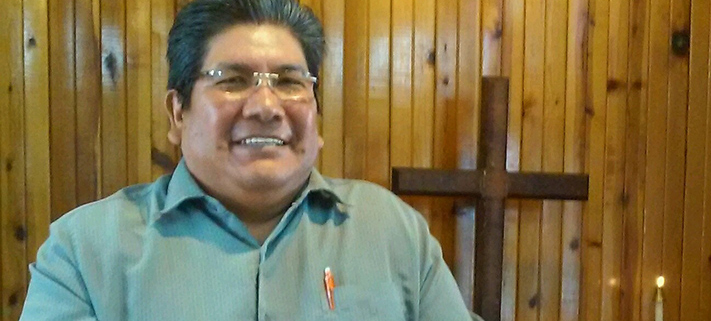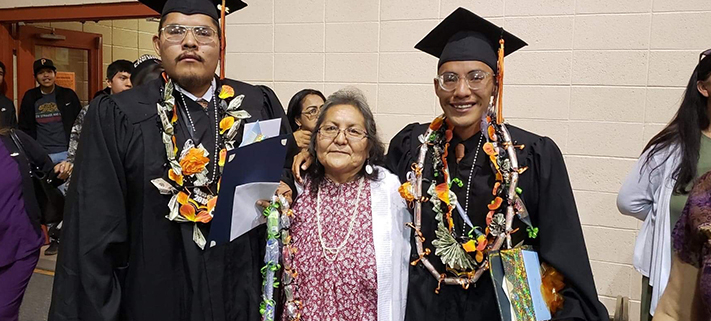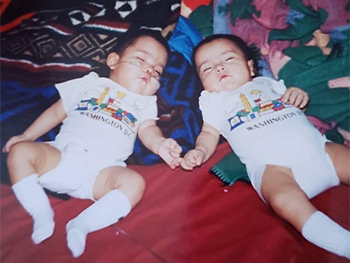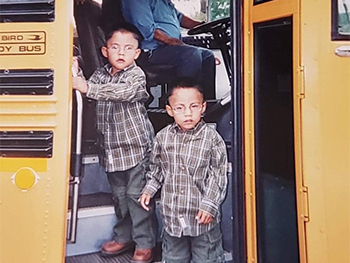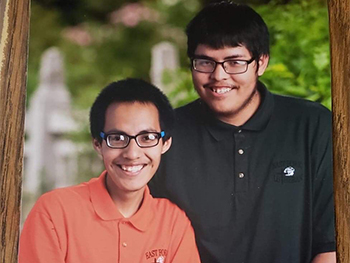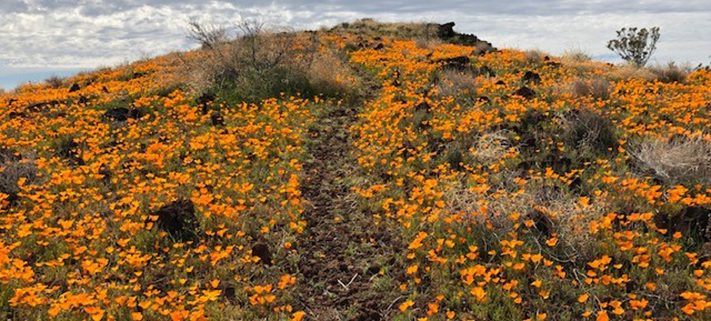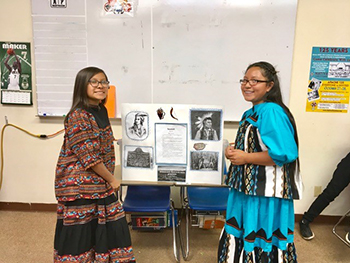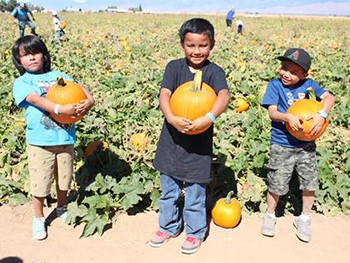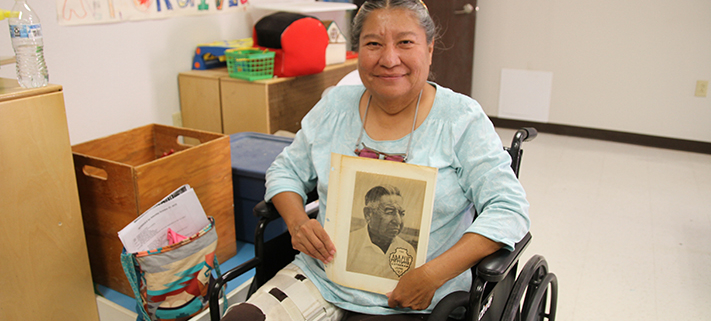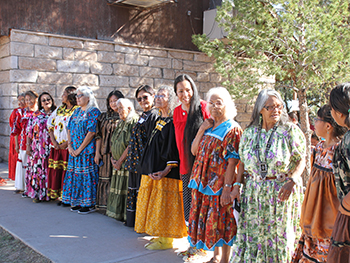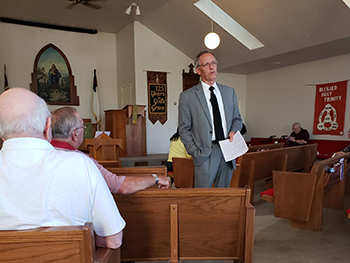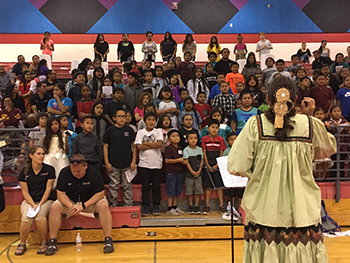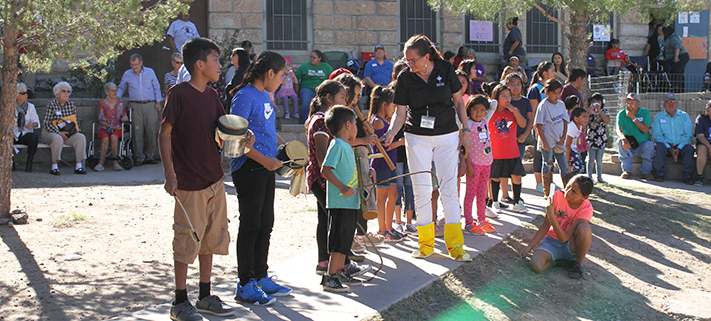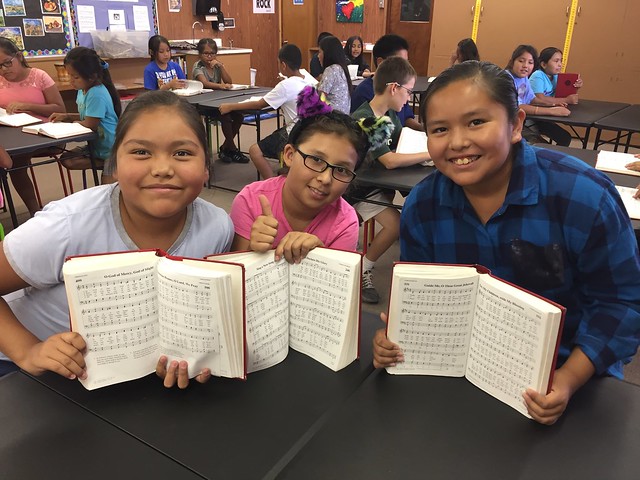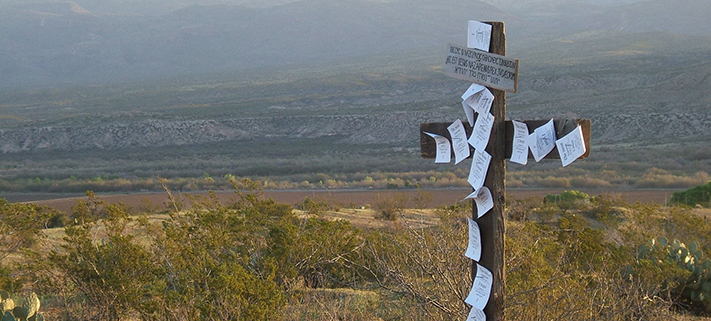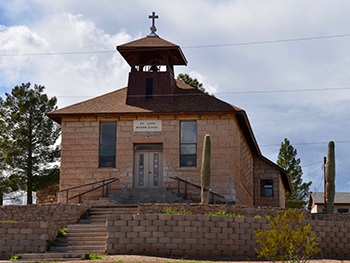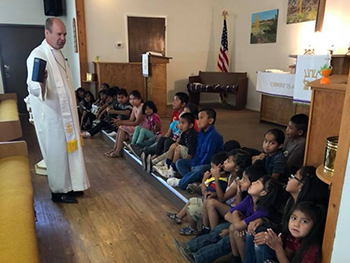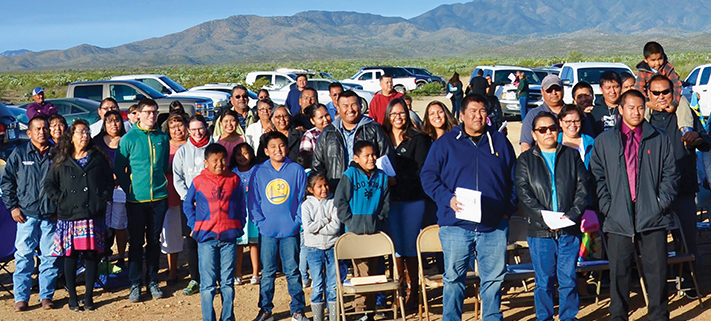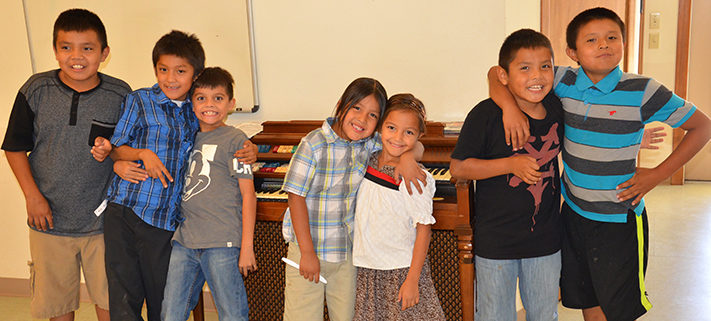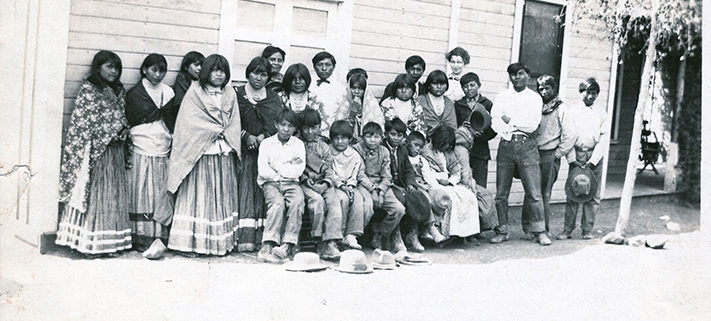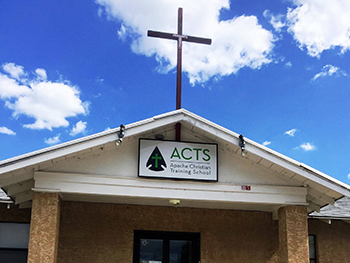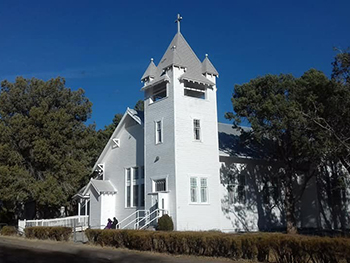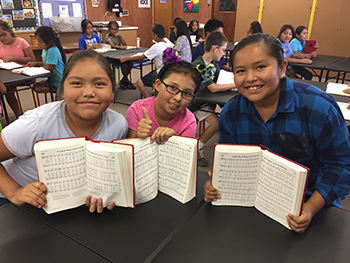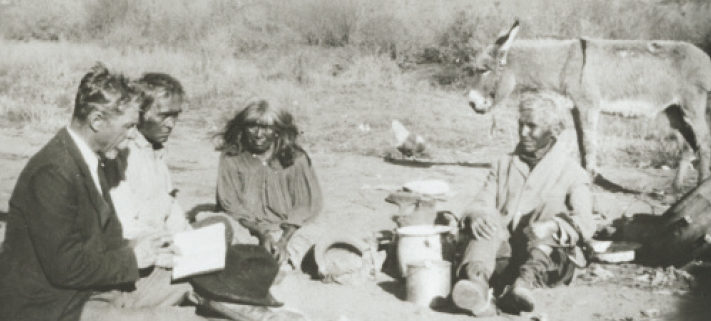Pray that I…
How would you complete this sentence: “Pray that I. . .”
If you knew of fellow believers in Jesus who were full of faith and love, and you asked them to pray for you, for what would you ask?
Pause and think about it. What’s going on in your life? What need do you have? What is something you want to do? Is there something you’d like to see happen? Anything important? Urgent?

There were some Christians in a city called Colossae. They were grace-saturated and God loving. They were faith full and faithful. They were bearing so much fruit and showed such a great love to their fellow brothers and sisters that it was becoming known even in far off places. News of their faith and love even seeped into places where you’d think it couldn’t or wouldn’t reach: a Roman prison 1300 miles away.
That’s where Paul was: under arrest and in chains. But he knew of their faith because he had heard of their faith. The word had spread. It reached even him.
But did it matter?
Yes, it did. Because by it, Paul was greatly encouraged. He was beaming with thankfulness and joy. Even though Paul didn’t personally know many of the people in Colossae, Paul was filled with the confidence that he could ask these Spirit-strong, firm-in-faith Christian brothers and sisters to do something important and urgent: to pray for him.
It was important, because, well, that’s what the gospel of Jesus is. It’s a matter of life and death. It was urgent because he had only so much time to share the Good News. So Paul makes the bold request:
Pray that I may proclaim the mystery of Christ and that I proclaim it clearly as I should.
Colossians 4:2-4
This too is Pastor Gary Lupe’s request, to you. Even though he won’t know everyone who has read his message, he knows they are Colossae-like brothers and sisters. People who are Spirit-strong, firm-in-faith, and prayer ready.
Maybe you have heard of Gary Lupe, a Native American pastor living on an Apache reservation in Arizona’s White Mountains. Pastor Lupe was married in 2004 and blessed with six children and fourteen grandchildren. Then in 2011, Pastor Lupe became ordained. Since then, he’s attended WELS synod conventions, spoken at Lutheran Women’s Missionary Society (LWMS) rallies, and preached at mission festivals. He serves as the pastor for two congregations, Cibecue and Cedar Creek, and teaches classes in the Apache Christian Training School (ACTS).
Why this request and why now? Because it’s both important and urgent.
Important, well, because that’s what the gospel of Jesus is. (Have I mentioned that before?) Urgent, because he’s teaching a class in East Fork, Peridot, and Cibecue. The class? Apache Traditional Religion.
To put it mildly, Apache traditional religion is a controversial issue. It’s divisive. It splits families. It divides congregations. It pits one person against another.
It’s a battle ground, and it’s being waged in full force.
Pastor Lupe has taken up arms. Spiritual ones. He’s done what every Christian is urged to do:
“Put on the full armor of God so that you can take your stand against the devil’s schemes. For our struggle is not against flesh and blood but against the rulers, against the authorities, against the powers of this dark world and against the spiritual forces of evil…” (Ephesians 6:11-12).
There we have it. God reminds us of where the real battle is and who the battle is really against. The lines are drawn.
So, with the belt of truth, the breastplate of righteousness, the gospel of peace, the shield of faith, the helmet of salvation, and the sword of the Spirit (Ephesians 6:13-18), Pastor Lupe stands his ground and stands before anyone who will listen.
And some are.
He is teaching his Apache Traditional Religion class to the Apache in Apache.
Not many do this. Not many can. Pastor Lupe is gifted with the Apache language but so much more. He’s got the first-hand experience in Apache traditional religion; he has many years of first-hand experience in gospel ministry. He knows the people and the people know him. He’s got the knowledge to share and the reputation that makes him credible.
That doesn’t mean everyone will listen. In fact, some have walked out of his church and out of his life. It doesn’t mean everyone will attend the class. In fact, many do not.
What it does mean is that Pastor Lupe will be a target. He already is. People have already taken aim with sharp tongues, harsh words, and decent sounding arguments.
But even such arsenal as these can’t penetrate the armor of God. In fact, the flaming arrows of the evil one are easily extinguished. (Ephesians 6:16).
By teaching this class, Pastor Lupe knows that he’s setting himself up to be attacked. He knows because God said he would. Even you, when you witness your faith, don’t think you can be attacked or might be attacked, but know that you will be attacked.
It comes with the territory. But the territory is Jesus’. It’s a battleground. Remember who your enemy really is.
Satan doesn’t like Jesus’ forgiveness being clearly proclaimed. He hates the gospel being clearly shared. He despises it when Baptisms take place or when Communion is received. He cringes when the gospel truth is being clearly declared and fully believed. It angers him when someone takes a stand on the clear Word of God. Pastor Lupe is going against his own culture to speak on this issue.
Since this is the case, will not Satan, with his own clever schemes, deceptions, and decent sounding arguments, try his best to dishearten Gary and stop him from clearly proclaiming the mystery of Christ?
Hence the request comes humbly, but boldly, to you. Confident that you will pray. Trusting that God hears and answers your prayers. Believing that the power is not in the one saying the prayer but in the One listening to it and answering it.
Pray that I may proclaim the mystery of Christ and that I proclaim it clearly as I should. Pastor Lupe can proclaim the mystery of Christ but cannot change the hearts of the people. But God can. Didn’t he already change our hearts?
By the way, have you thought of something important and urgent that you’d like someone to pray about for you? Is there a need you have? A desire for something to happen?
I don’t know what it is and maybe you still need to think about it more, but know that there are brothers and sisters in faith in Christ who would find it an honor to pray for you. Ask them. You’ll have to tell them your request, but here’s a few words to start:
“Pray that I…”
Written by Rev. John Holtz, Native Christians Counselor
Subscribe to future Missions Blogs at wels.net/subscribe.
WELS Missions
Learn about the ministry work of WELS Missions.
SUPPORT MISSIONS
Support the ministry work of WELS Missions.

